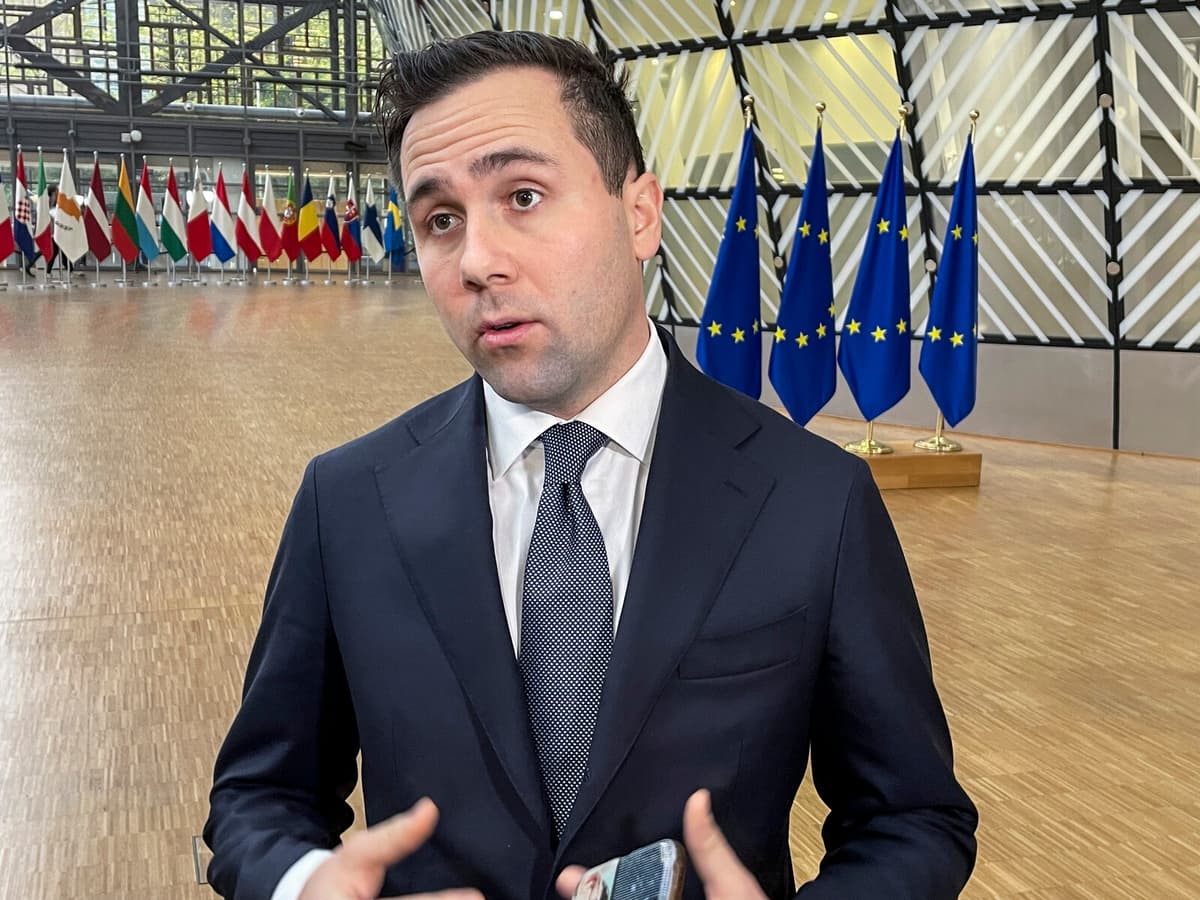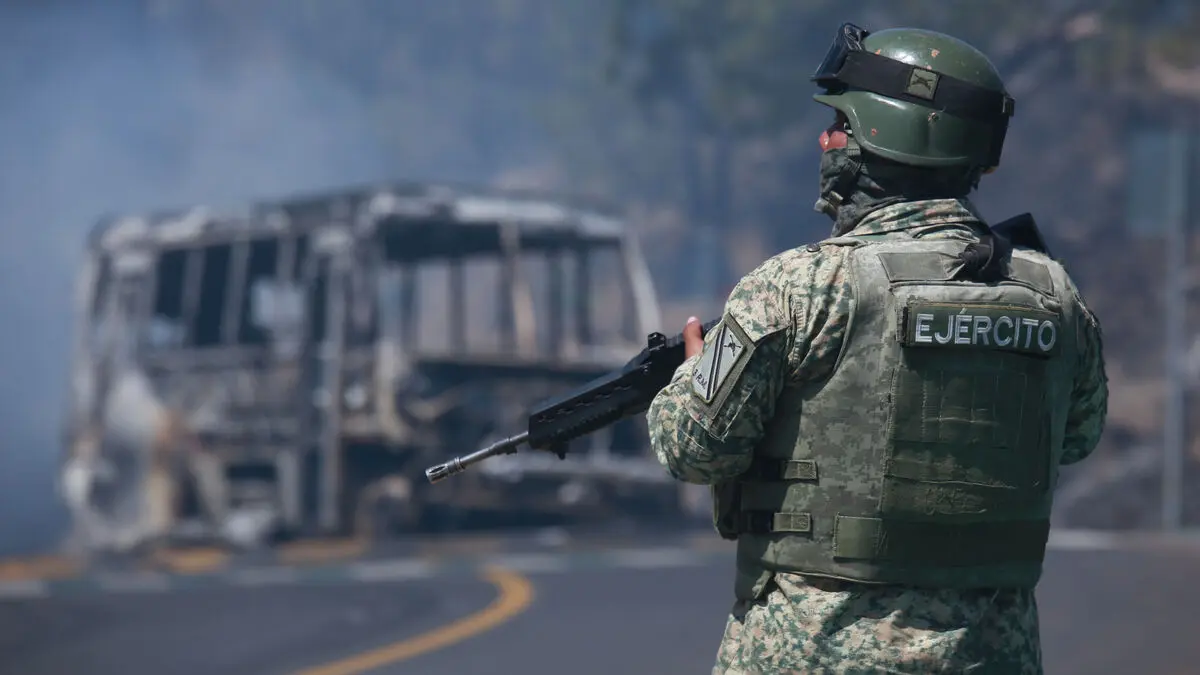Almost exactly two months before the presidential shift, the EU countries' trade ministers met in Brussels on Thursday to primarily discuss how Europe should meet Trump's intended economic policy.
Despite what was said during the election campaign – with threats of heavy tariffs against the rest of the world – caution is great.
The USA is our strategic ally, so it is important to continue with close cooperation, emphasizes the EU's outgoing trade commissioner Valdis Dombrovskis.
Does not want trouble
The EU Commission has long been working on preparations and has even looked at individual US products that the EU can impose tariffs on, if the USA chooses a too tough line.
In public, the tone is still low. Sweden's trade minister Benjamin Dousa (M) emphasizes the importance of "not causing trouble".
Moderation is best, seems to be the model that applies. And to send the message that close cooperation benefits both the EU and the USA.
All European countries think it's important with the transatlantic. We should neither be confrontational nor hesitant, but positive and developing. And then we'll see what happens, says Dousa after Thursday's meeting.
Dispute over Mercosur
The EU's other major trade policy issue at the moment concerns the completion of a free trade agreement with the Mercosur countries in South America.
Sweden hopes for a signing in the near future and believes it has support from a majority.
After listening to his colleagues on Thursday, Dousa is still worried that France's strong opposition to the agreement seems to be spreading.
Sweden is a bastion for free trade and will do everything we can to defend the support for the Mercosur agreement. But now it requires some footwork for it to happen. There are some countries that historically have been very positive to free trade that are now making repositioning, says the trade minister in Brussels.
The EU and the countries in the South American trade bloc Mercosur have been negotiating a free trade agreement since the end of the 1990s.
According to a principle agreement from 2019, the agreement would mean removed or heavily reduced tariffs for, among other things, European cars, car parts, machinery, and chemicals. In exchange, Mercosur would get, for example, a quota system for exporting meat, ethanol, and sugar to the EU.
After prolonged legal reviews and amendment requirements, the EU Commission hopes for a political agreement at a meeting in Uruguay in early December. However, for the agreement to enter into force, approval is required from both the EU Parliament and the EU's member states.
Mercosur includes Argentina, Brazil, Paraguay, Uruguay, and since last summer also Bolivia. Venezuela is also a member, but has been suspended since 2016.






